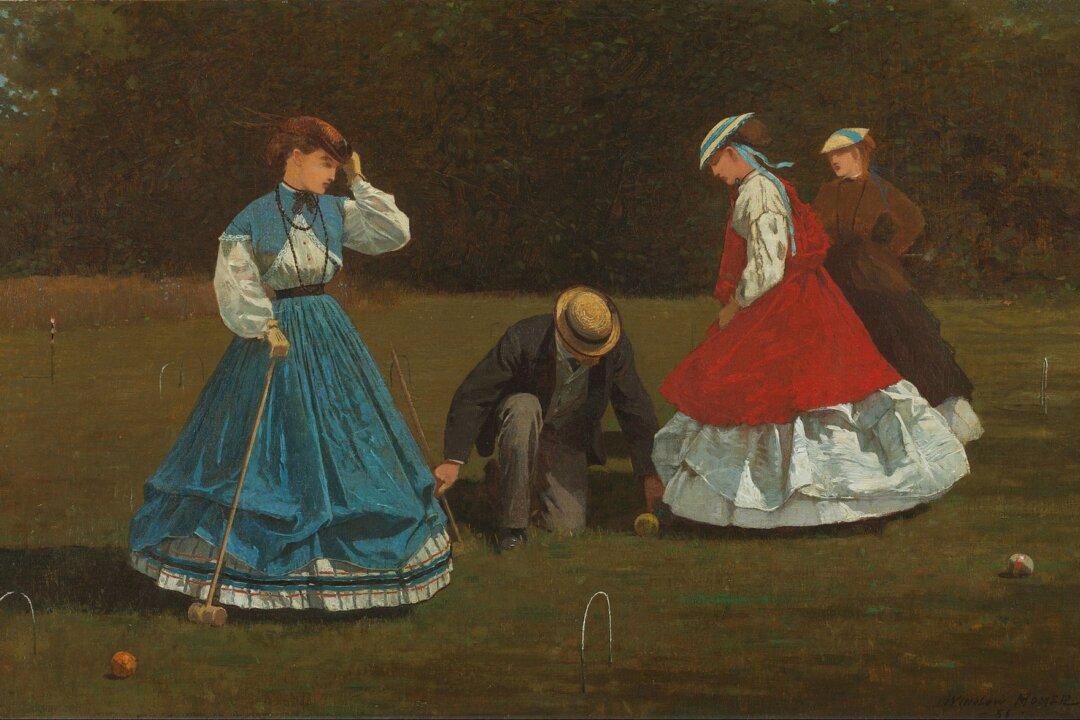When we judge others’ merit by their fashion, rank, or wealth, rather than by their morality, we become vulgar. Morality and purity of heart prove our worth, not status or fashion.
In his short story, “Going to the Springs,” T. S. Arthur shows that morality is far superior to rank, riches, and fashions. He shows that, when some of the Ludlow women value fashion, rank, and wealth above anything else, they lose everything that is worth having.






